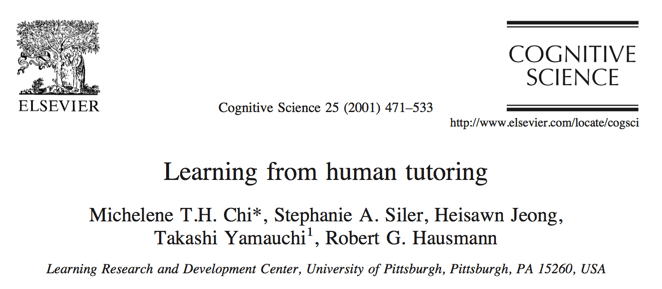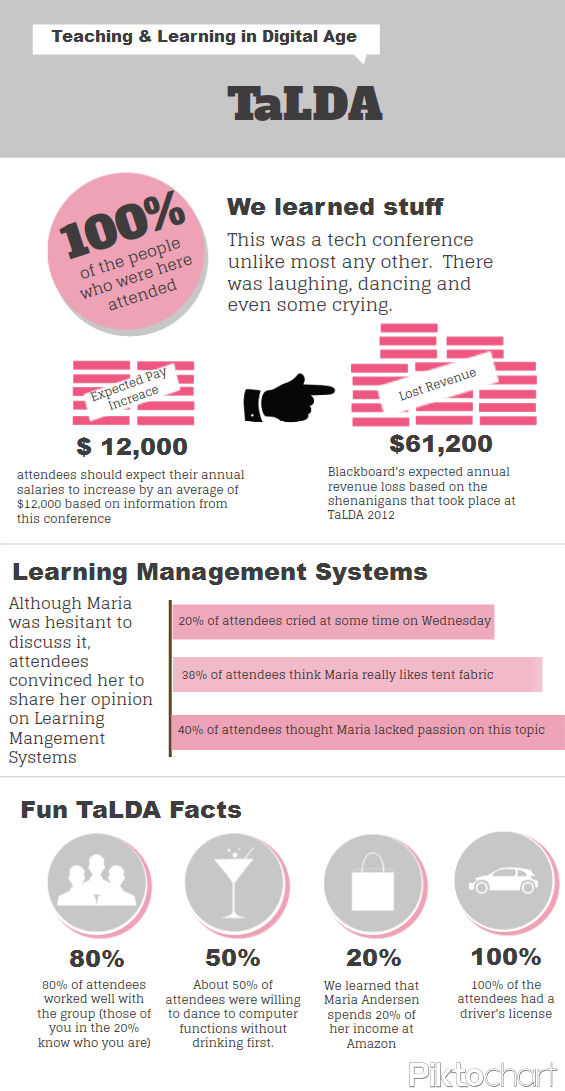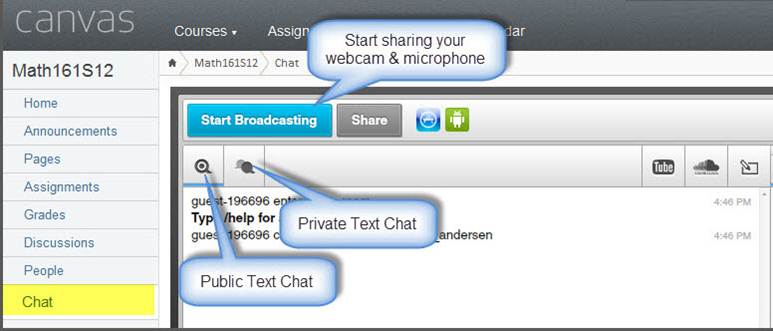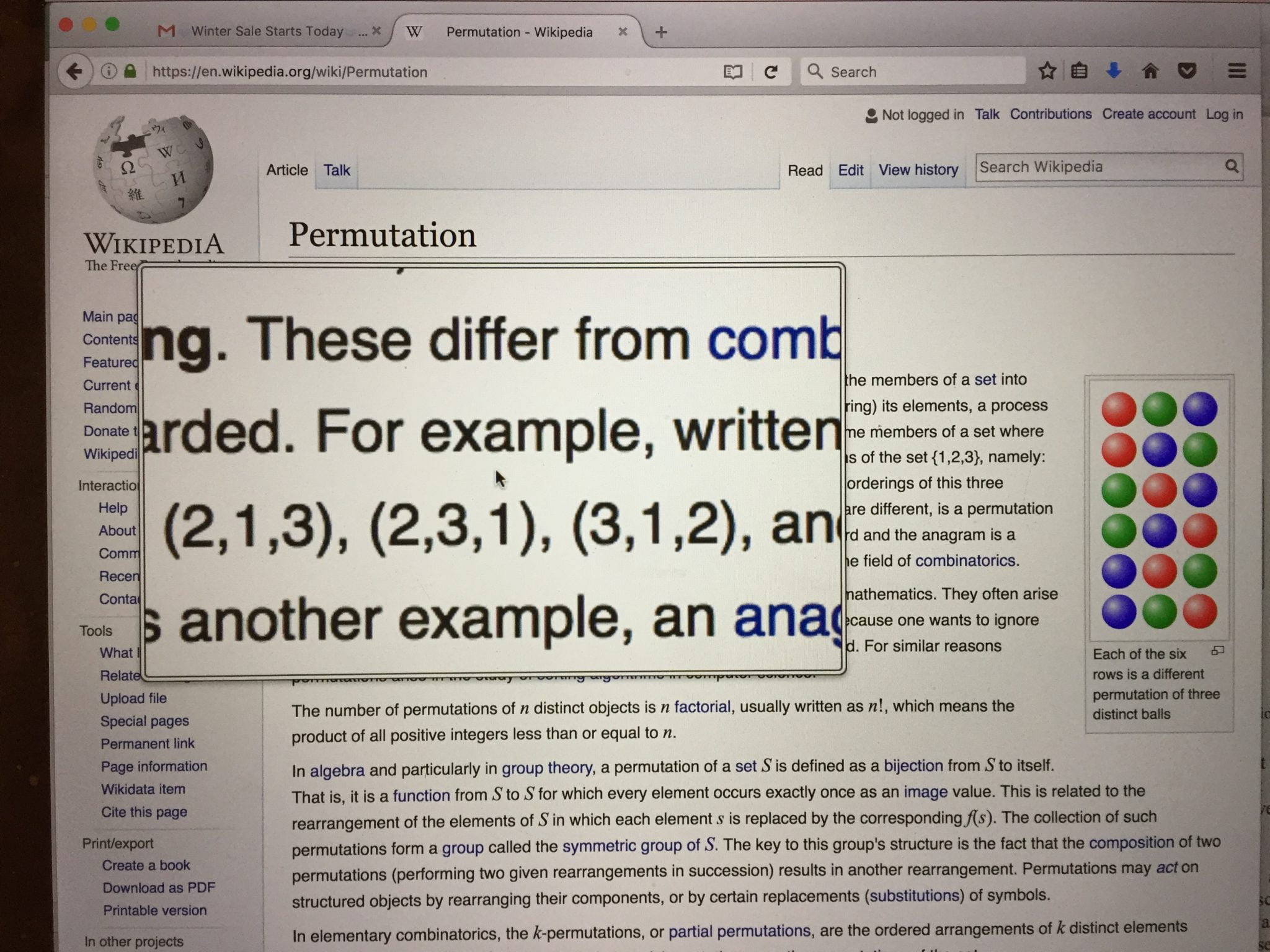One of my favorite journal articles from the last few years is Learning from Human Tutoring by Michelene T.H. Chi, Stephanie A. Siler, Heisawn Jeong, Takashi Yamauchi, and Robert G. Hausmann (published in Cognitive Science, 2001).
It’s an incredibly well-designed study and the article was originally passed to me by a friend who also found it to be insightful. The premise of the study is to try to learn why human tutoring is so effective by examining three hypotheses:
- Is it because the tutor is so knowledgeable and knows how to instruct? (T-hypothesis)
- Is it because the student has more self-corrective behavior and constructive engagement? (S-hypothesis)
- Is it because there is more interaction? (I-hypothesis)
One of the key findings in this paper is that students learn more when tutors supress their explanations and feedback and students were allowed to construct their own responses. One of the (maybe) surprising findings is that students learned just as much (actually a bit more deeply) when the tutors were restricted from sharing knowledge during the sessions.
I’ve sent a lot of folks to read this paper and I need to confess that it is 63 pages in length, and a fairly technical read. So, here’s a small experiment. I think that every good journal article about learning should be accompanied by a video (or videos) that helps someone to understand the hypothesis, the experiment, the results, and the potential practical implications.
Derek Bitter, an instructional designer who worked on my learning design team at WGU, translated this particular paper into a series of three 6-minute videos as the capstone project for his Masters degree.
I’ve always disliked how those outside of academia get locked out of access to scholarly journal articles (consider all the edupreneurs building software to “improve” learning that have no easy access to learning research articles). One of the passion projects I’ve been considering is working through a large stack of scholarly articles about learning science and translating them into videos or shorter-form discussions of the results for practical application. Let us know if you like the format? busynessgirl@gmail.com and dbitter@gmail.com






